Author
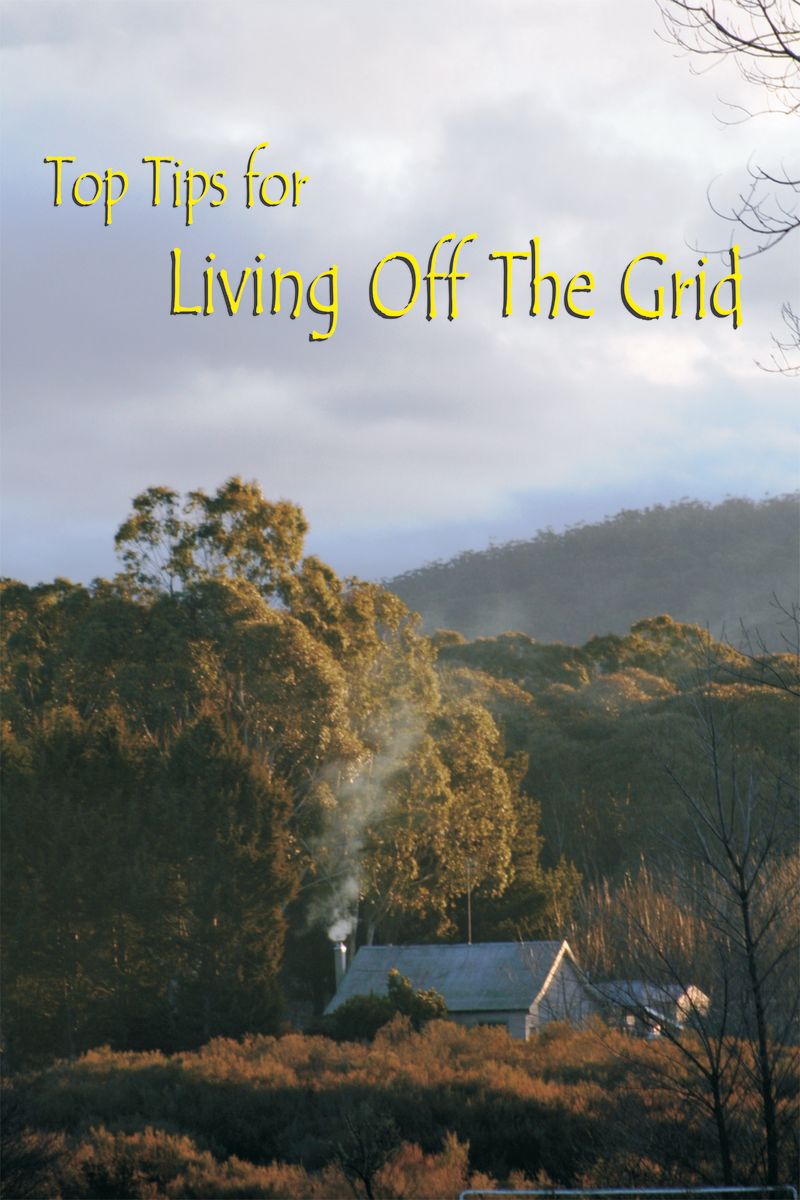
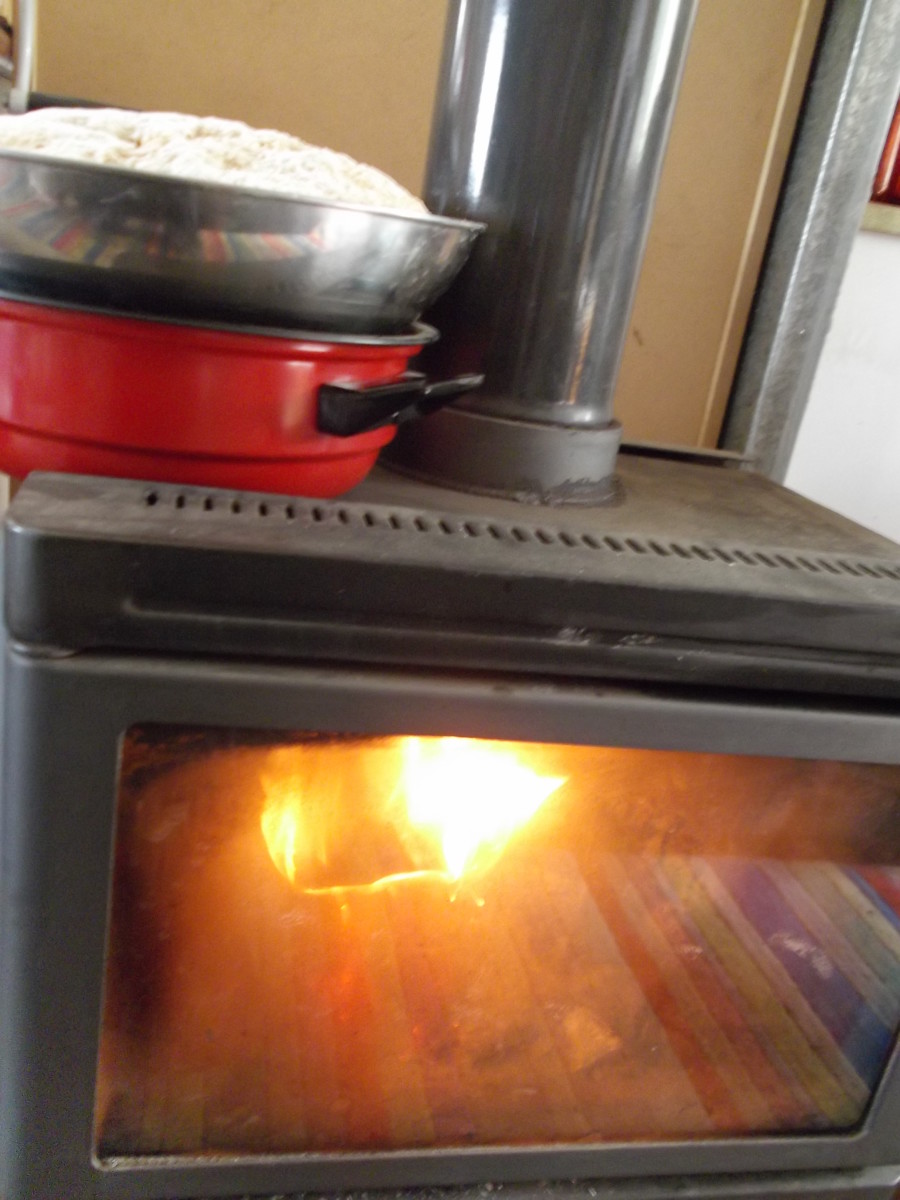
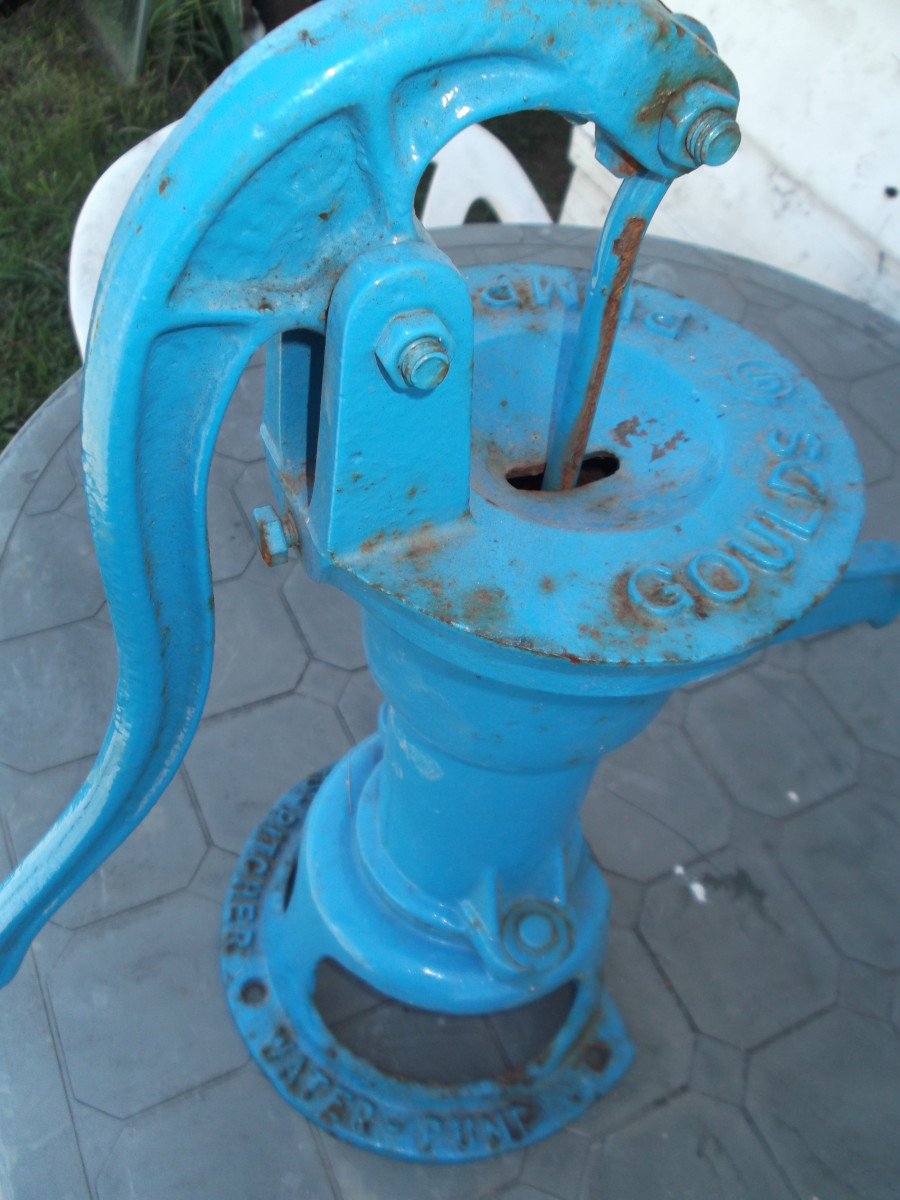
 Complete 7 Panel GH Type Freeze Protected Hybrid Solar Water Heater Kit
Complete 7 Panel GH Type Freeze Protected Hybrid Solar Water Heater Kit

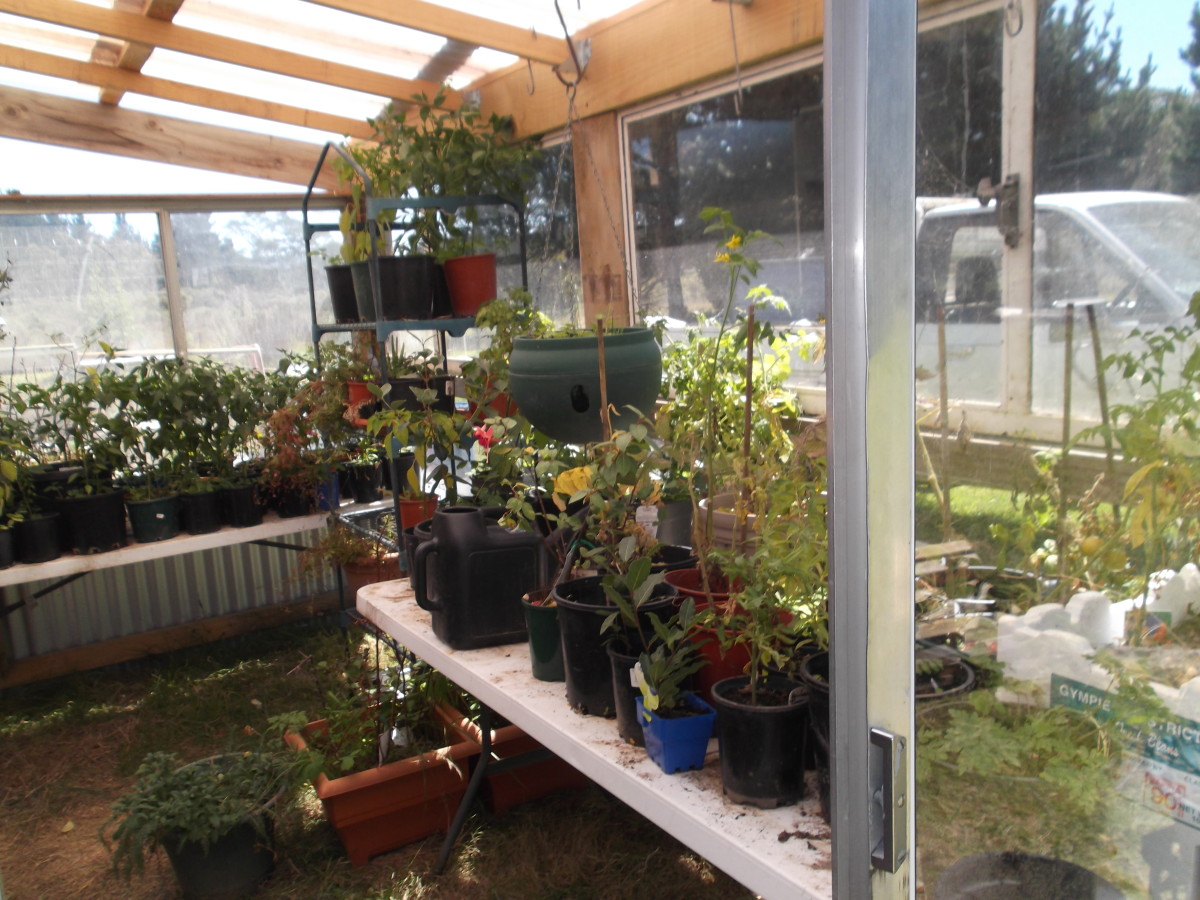
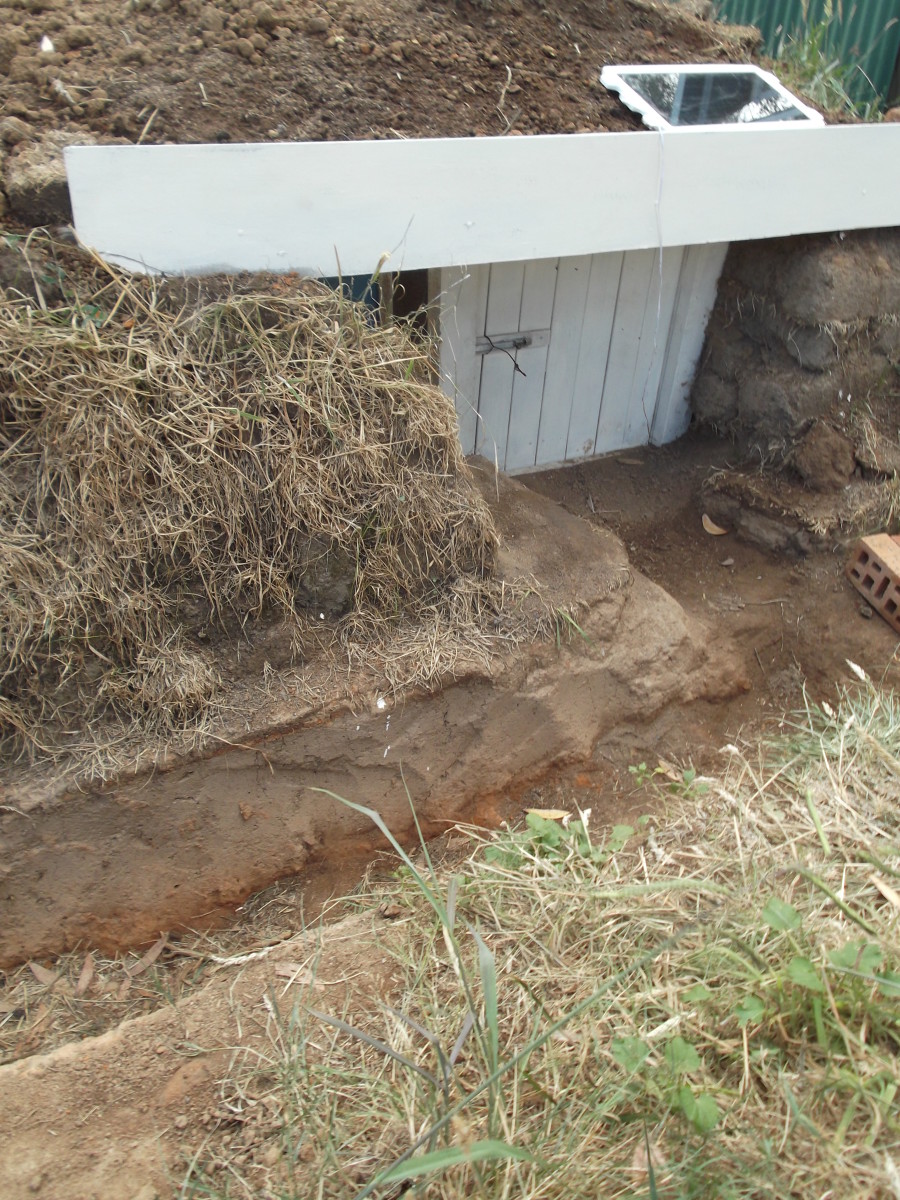
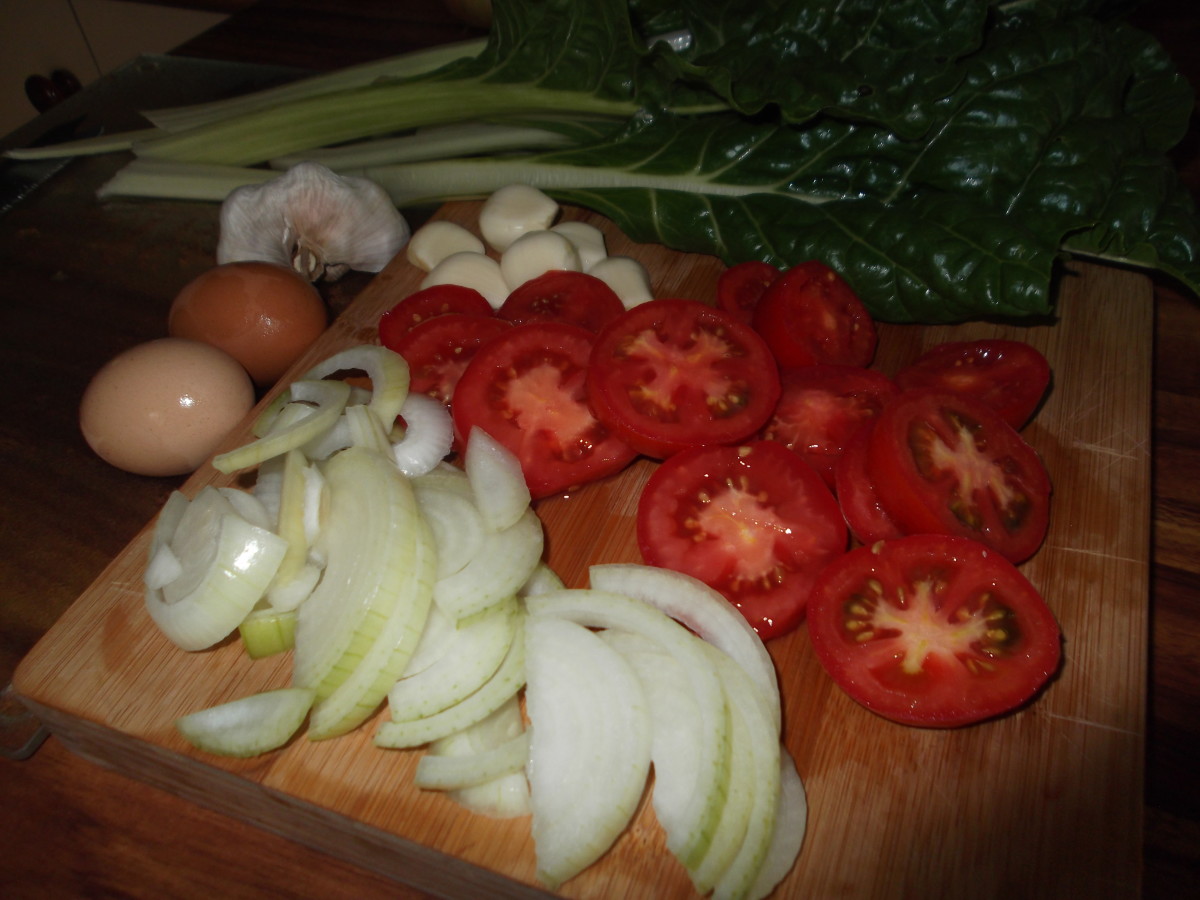
 Wood Burning Cook Stove La Nordica "Rosa Maiolica Bordeaux", w/ Wood Baking Oven
Wood Burning Cook Stove La Nordica "Rosa Maiolica Bordeaux", w/ Wood Baking Oven


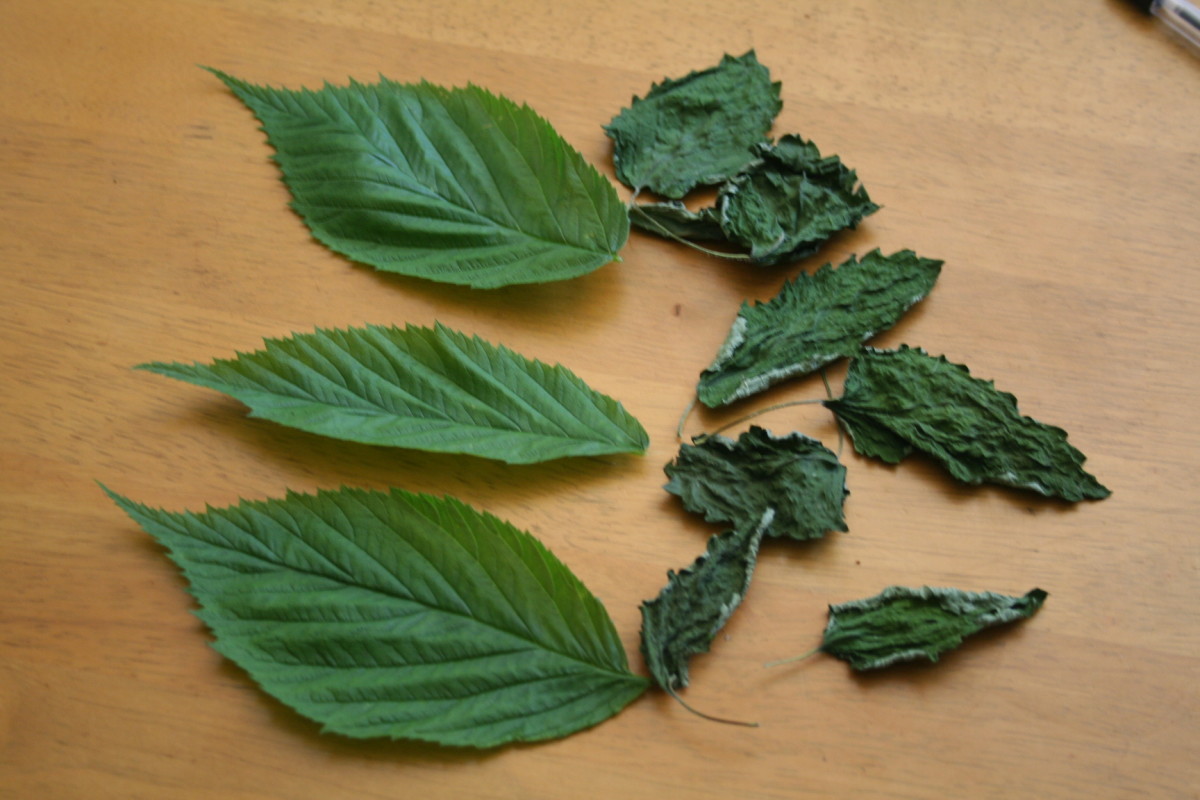
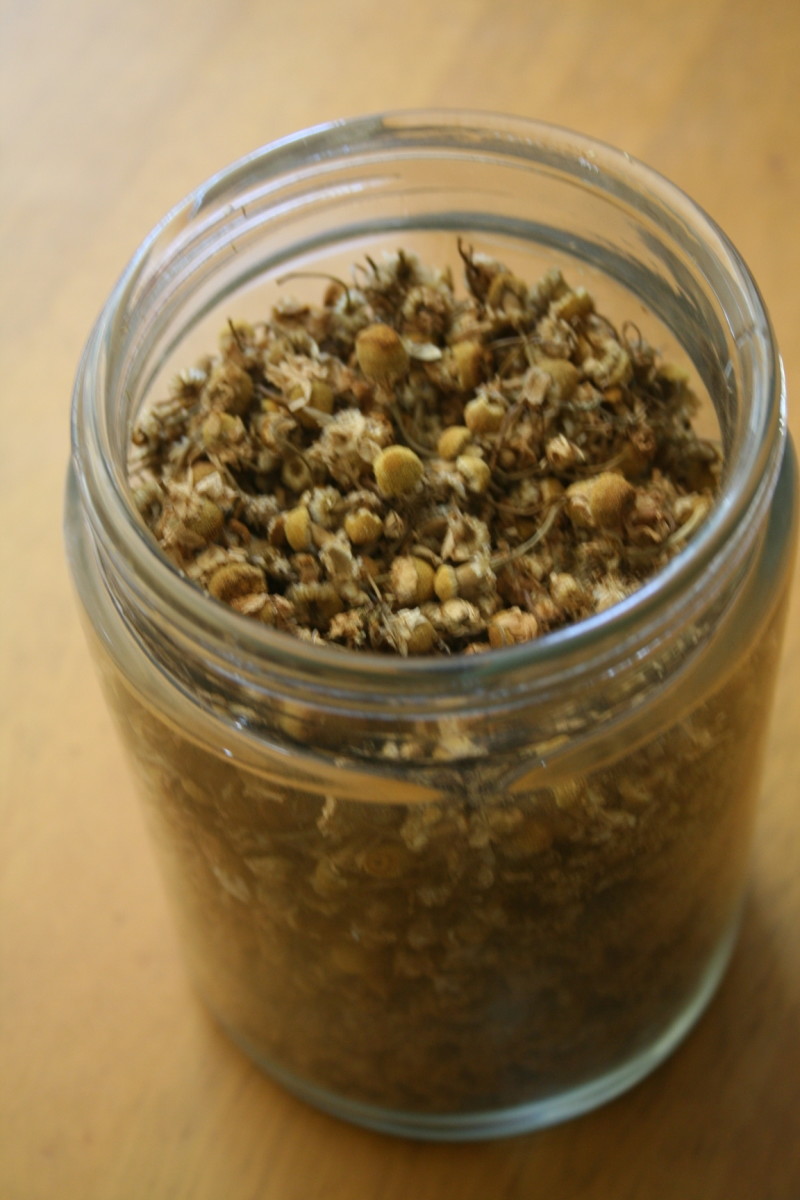
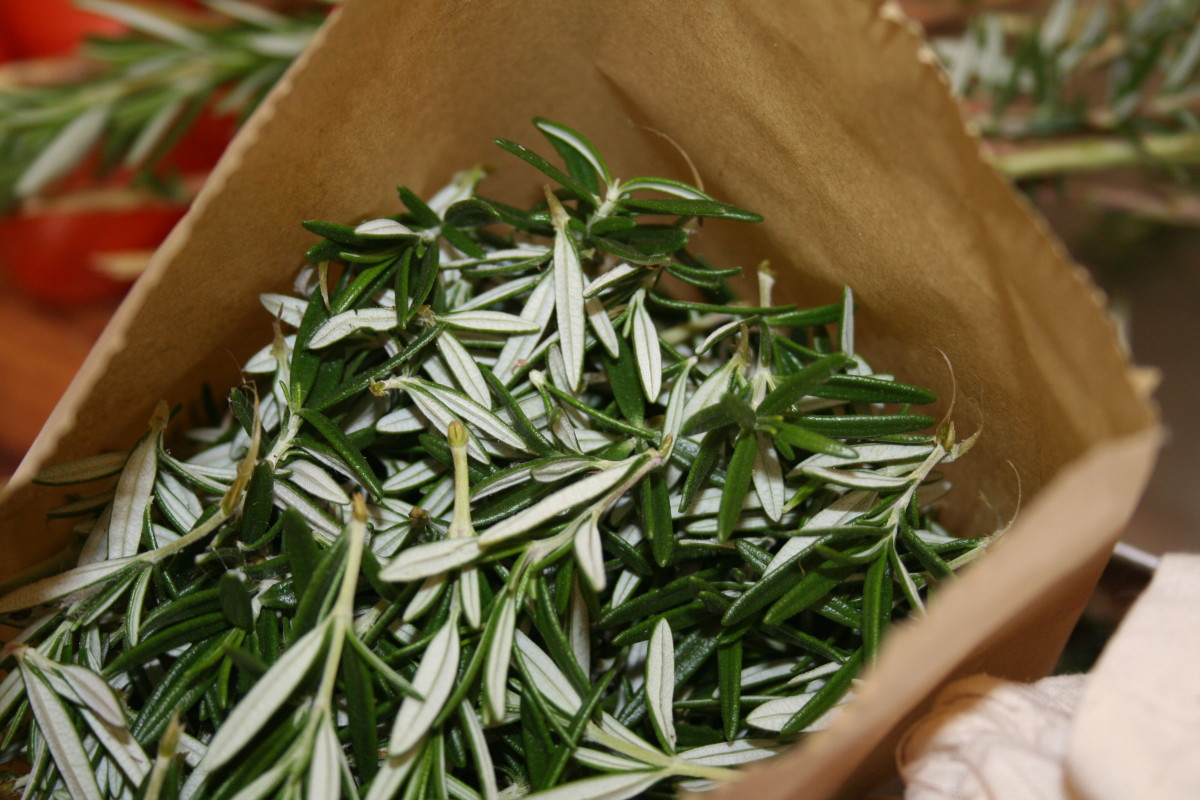
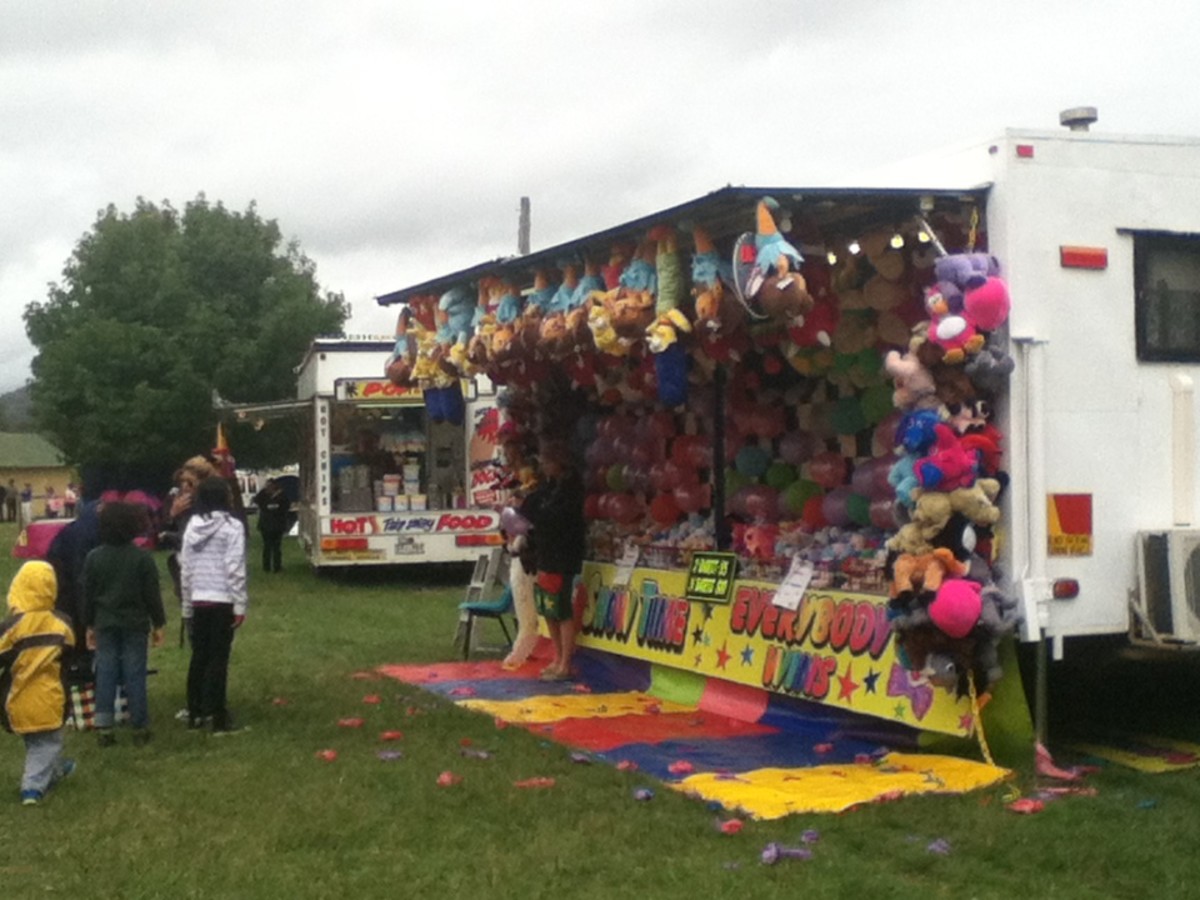
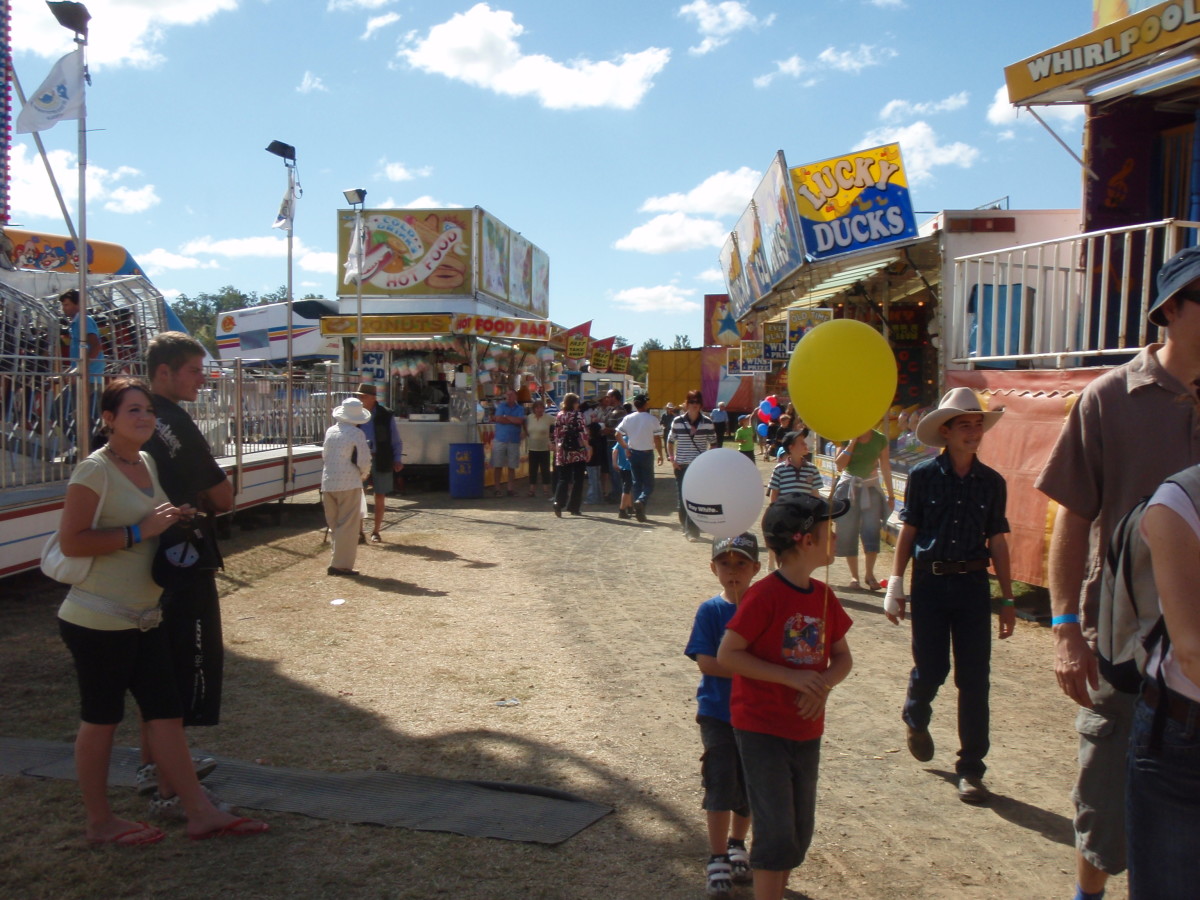

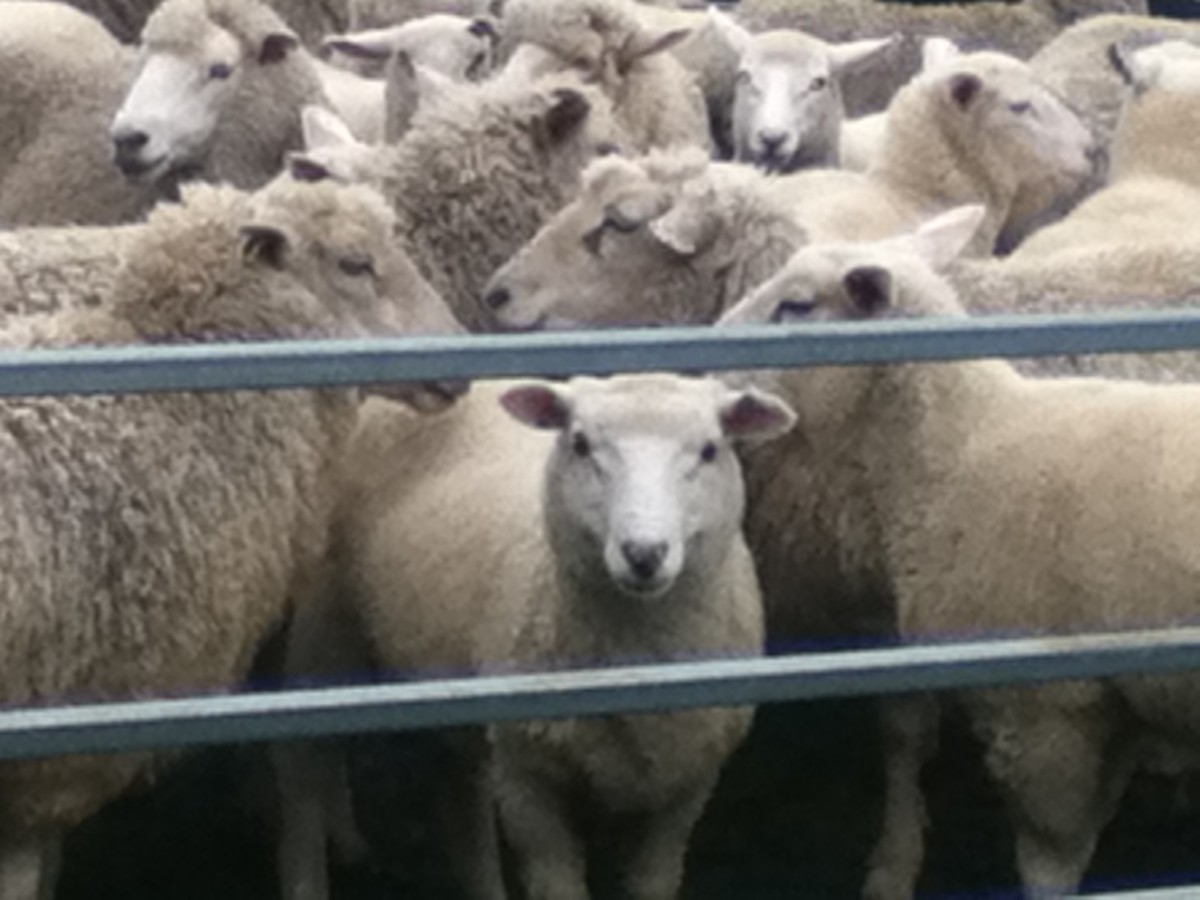
For further information log on website :
https://dengarden.com/misc/Top-Tips-for-Living-Off-The-Grid
What does 'living off the grid' mean?
To be a genuine off-gridder your home is not connected to electricity from the power grid and your home does not access a town or regional water supply. You are without access to community utilities including waste disposal.
In the days before the invention of mobile / cell phones, living off grid represented significant social isolation. Traditionally, living off grid meant no connection to power, water or telephone so life off-grid was very tough.
In the 21st Century, however, living off the grid is a lifestyle choice that can be remarkably comfortable and incredibly rewarding.
- We can access solar, wind and/or hydro power (and store it in batteries for later use.)
- Water storage tanks are larger, lighter and easier to install than the concrete or metal tanks of old.
- Composting toilets are much less trouble than old-fashioned septics.
- Satellite and wireless technology allows us to communicate with the world.
- A better understanding of insulation and home design can reduce our need for heating and cooling.
As an increasing number of people choose to pursue off-grid lifestyles, it is interesting to note that even homes connected to community power and water supplies are beginning to embrace off-grid technology including passive solar home design, solar hot water and solar cooking.
Do you live off the grid?

This home is down the road from me. My home has more grass and clear area around it to provide better access for sun to my solar panels, and a greater fire break if the bush catches alight during summer fire season. No shortage of wood in winter! | Source
What do I need to know before I move off the grid?
Over the years that my family has been homesteading and becoming more self-sufficient with our orchards and vegetable gardens etc, I have often been quizzed by individuals and families seeking a more independent and sustainable lifestyle.
People ask me what are the most important things to know before making the move off grid. They want to make lists, but don't know where to start.
Well, here's the five key points I decided provide the best starting point. Keep these five facts in mind, and focus on them to inspire and compile your own list of what you'll need to cope with your new lifestyle.
- Summer is hot.
- Winter is cold.
- Nights are dark.
- Gardens need good soil, and
- Water doesn't run uphill.
If you can meet the challenges associated with these five basic facts, you can develop a plan for sustainable living. :)
Here's a few more helpful tips for successfully living off the grid ...
How will you stay warm when you are living off the grid?
Generating heat is always a major challenge when living off the grid. Solar power solves most problems, but you'll find it difficult to warm an entire house if you are simply relying on photovoltaic panels and deep cell batteries.
Our main strategies for keeping our home warm in the winter include:
- Slow-combustion wood fire in our main living area
- Insulation - walls and ceiling
- Passive heating - large glass doors in kitchen face positive sun direction
- Clever home design - including window size and placement
- Appropriate garden design - don't let evergreen trees block your winter sun
- Interior design - including choice of window coverings.
Dual purpose heating

This basic slow combustion heater is put to work helping dough rise. The bowl is elevated from direct heat. | Source
Defining 'junk' when you live off the grid
When you make the move and live off the grid, suddenly many of your prized possessions are absolutely useless. Even more interesting is the way that things you once considered to be worthless suddenly become gems.
For instance, we bought a second-hand water pump and, on the way home, my husband and I laughed out loud at the fact we would never have considered buying such an item before we lived off the grid. Yet we were genuinely excited by getting such a good deal.
Of course the invention of solar-powered water pumps makes pumping water in sunny weather easy — but what about during lengthy cloudy periods. What will you do then?
Generators require fuel. Hand pumps just require a little effort.
An unexpected bargain ...

A hand operated pump allows you to retrieve water from a well without needing power. What a gem! | Source
Solar hot water for off-grid living

As soon as you decide to live off grid, the sun becomes your new best friend. Solar hot water systems can be connected to existing hot water storage tanks. Solar systems requiring freeze protection for colder areas are slightly more expensive than systems for warmer areas. During foul winter weather you might need to connect LPG/propane gas ... but when it is sunny you get your hot water without any additional power bills!
Off-gridders recycle with a passion
When you live off the grid, recycling becomes much more than just separating your glass from your plastics and putting them out on the kerb for collection.
Suddenly everything is viewed with the question, "How can I put this to good use?"
Egg cartons make great seed-starters, until such time as you have your own hens. When you are collecting your own fresh eggs each morning, an egg carton is recycled until it falls apart. lol.
The interior drum of a discarded washing machine is surprisingly perfect for containing small fires outdoors. The perforated holes in the sides allow sufficient airflow to feed the fire with oxygen, without allowing embers and debris to blow out onto nearby grass. Made of stainless steel, it is ideal for resting a barbecue grill on the top.
When word spread that my husband was incorporating a greenhouse extension into the sunniest side of our big garden shed, everyone we spoke to seemed to have a spare window or glass door.

Our new greenhouse extension on the garden shed is built mainly from recycled windows and doors. | Source
Give, swap and barter
Off-grid currency takes many forms. At harvest time, it is easy to swap your own produce (particularly if it is organic).
As word spreads of my husband's magnificent chilli spread, made from our home-grown, organic tomatoes, chillies, garlic and other herbs, he is being inundated with offers to 'name his own price' in return for a precious jar.
Fortunately one of the fans of his chilli-spread is a local builder who has a constant flow of excess building materials including timber and insulation materials. The wall between the garden shed and the green house is now nicely insulated.
I am sure there must be some people living off the grid who have a high disposable income and are happy to purchase everything they need from a retail store, and to discard items without thought for who else might need them. I haven't met anyone living off the grid who fits that profile yet.
In my world of off-grid living, everyone checks with others before taking anything of potential value to the community rubbish tip. Once the decision is made to discard an item like an old washing machine or an old electric oven, conversations with friends make at least a passing reference to its availability.
Just last week I requested an oven door. I'm in the process of creating a rammed earth wall around the entry to my below-ground fire bunker and have been giving thought to 'peep holes'.
Hmmm. Oven doors survive extreme heat. I wonder if I could ram earth around an oven door, leaving just a small portion exposed to allow me to see through it if I wanted to check the progress of a wild fire. I now have a door so I can experiment.
Before taking anything to the tip, there are a few questions to ask yourself.
- "How could I use this now, or in the future?"
- "Is it worth keeping?"
- "Who do I know who needs one of these?"
- "Do they have something I'd like to ask them for in return?"
Living off the grid provides a real appreciation for the saying 'One man's trash is another man's treasure'.
Build using recycled materials

The entry to my fire bunker, built using my own earth plus recycled materials including old metal water tanks | Source
How I turned old water tanks into a safe fire bunker
- How to build a Fire Bunker
I built a fire bunker because we live in a high fire danger area. Here I describe the construction method. Photos show how my old water tanks created a strong dome structure. Good tips for off grid living.
- Building rammed earth walls to improve my undergroun...
We are making rammed earth walls that cost nothing more than time and effort, using earth from our own backyard.
A garden is essential when living off the grid
Nothing keeps fruit and vegetables fresher than leaving them on the trees or in the ground. Once you are living off the grid, you will definitely need a garden.
When you are looking for a place to buy, consider the climate and take a look at the soil. If you can successfully grow organic fruit and vegetables, you can feed your family and still have enough left over to barter with others.
Within your garden be sure to plant medicinal herbs so you can tap into nature's medicine chest. I grow a wide variety of herbs including comfrey for healing broken bones.
Reliable rainfall is essential because you'll need to harvest rainwater and collect it in storage tanks for use during dry periods. The bigger your garden, the more water you'll need.
To be self-sufficient, you must be able to eat

Mmmm. I love preparing meals with my own organic home-grown foods! | Source
Dual purpose cooking and heating

Cooking off grid can be a challenge. If you can afford it, definitely consider buying a wood burning stove/oven like this one. Your location, climate and home design might require an additional (less expensive) heater for overnight wood-burning ... but what a bonus to be able to heat your kitchen and cook a healthy dinner at the same time! Remember when you are buying a heavy stove you have to get it home. There is a definite advantage to home delivery. :)
Grow organic herbs to use and trade
Click thumbnail to view full-size



Explore your off-grid landscape
We were lucky with our choice of land. It wasn't until we'd bought and moved in that we became aware of the history of gold mining in the area.
Now we are hobby prospectors with a range of gear including metal detectors, pans and sluices. By talking with locals we learned the best places to look for gold ... with an encouraging amount of success.
You might find your region has one of many precious stones hidden underground. Keep an eye out for sparkles while you are digging your vegetable garden. lol.
Talk to the locals!

Many small towns have an annual show with novelties for children. Visit your nearest show and talk to the locals. | Source
Network with the locals, including other off-gridders
Taking yourself off the grid generally involves moving home. It is hard to imagine a city dweller successfully living off the grid without relocating to the country.
When you arrive at your new destination, it is important to network with the locals.
These are the people who will identify the most reliable tradespeople, the best retail outlets with the best prices, and point you in the direction of someone who might be about to upgrade their solar system and may sell you their old one cheaply. You can't find this kind of valuable information on the internet.
Personally I think arriving in a new location with a child in tow is always a bonus. You get the chance to meet other parents at the school, chat with onlookers at the kids' sporting events, and a child always offers a good incentive to attend the local show.
Whether you have a child or not, my top tip for anyone living off the grid is to get out and meet people.
Strike up a conversation in the supermarket, even if it is to comment on a good bargain to another shopper. Frequent the local small businesses and chat with the owners, telling them you are new to the area and that you appreciate the convenience of stores like theirs.

Source

Source
Enjoy your off-grid lifestyle!
I have had the good fortune of visiting many countries in the world and, without exception, it is the people who live in rural areas who I find are the friendliest and easiest to engage in conversation.
Living off the grid can be great fun. Enjoy the process of becoming as self-sufficient as you can.
The rewards are wonderful!

When you know nothing about sheep but you want to buy one, it helps to have an experienced local tell you if the cute one is a good investment. | Source
For further information log on website :
https://dengarden.com/misc/Top-Tips-for-Living-Off-The-Grid







No comments:
Post a Comment